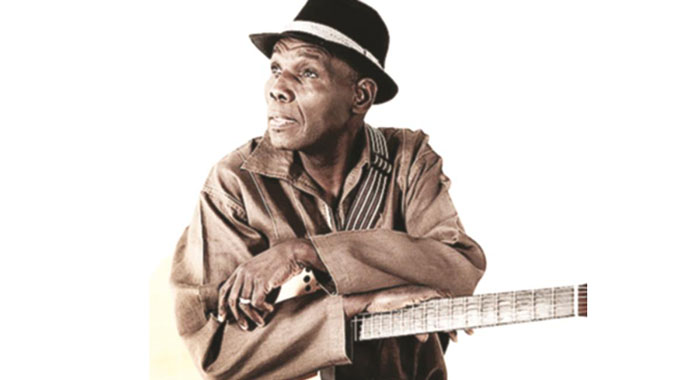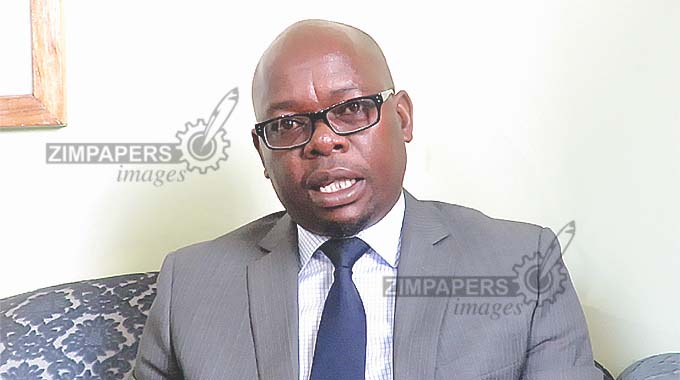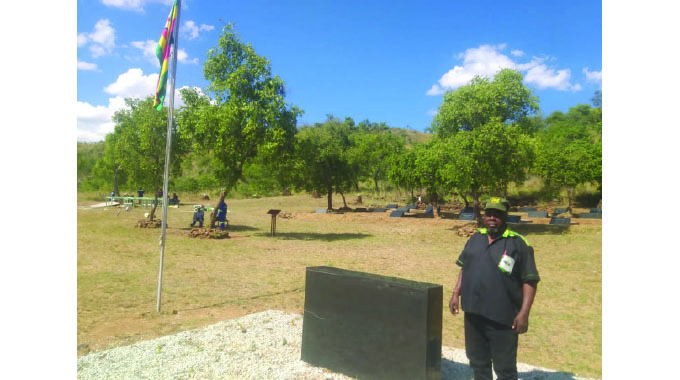Tuku: Personal recollections

David Mungoshi Shelling the Nuts
I have veered off the beaten path and chosen a more personal angle on Oliver Mtukudzi. Although I had been listening to Mtukudzi for years, seen him dance on six-inch platform shoes, and had a sizeable collection of his music in my record library at home, it was not until years later that Steve “Dhongi” Makoni introduced us at the Terreskane Hotel in Harare.
In my recollections, there is no “late Oliver Mtukudzi” because true artistes are never “late”. They cast long shadows into distant futures where their works shine like beacons. Bob Dylan was awarded the Nobel Prize for Literature on the strength of his lyrics, Tuku too can be honoured by the nation at this year’s NAMA. His lyrics, a veritable celebration of verbal complexity and attainment, deserve acknowledgement.
Commenting on soul singer, Otis Redding, Bob Altshuler had this to say:
“Blues singers used to be judged by how well they could worry a line. To worry a line is a blues singer’s unconscious habit of holding onto certain words in a song to emphasise their meaning. Otis Redding … probably never heard anything about this — but he sure can worry a line.”
Redding’s ability to worry a line is illustrated in the ageless “Pain in My Heart” and the distinctive “These Arms of Mine”. The same expertise is evident in “You Send Me”, Sam Cooke’s hit song of 1957.
Oliver Mtukudzi, too, sure could worry a line. “Seiko” (Why?) and “Gashirai” (Receive) show him at his “worrying-a-line” best, as does “Nyarara Mwanawe” (Child, be still) produced by West Nkosi. This song was an exhortation to Zimbabweans to have fortitude as independence was surely coming. Although terse and tentative in his lyrics, the intent was clear. Mtukudzi crafted his songs to avoid possible bans, a feat he shared with a number of his contemporaries, Thomas Mapfumo and Zexie Manatsa included.
Mtukudzi’s Terreskane days attracted a “Who is Who?” audience. On one occasion, Shimmer Chinodya, myself, Chirikure Chirikure and Chenjerai Hove were imbibing and listening to Mtukudzi’s “Chirimundari” from deck chairs in the Terreskane garden when suddenly, Chenjerai Hove burst out, “Varume, uyu murume unozvigonegwa uyu” (Guys, this guy’s just too good for words). It was the plain truth, like the sun up on high on a mid-afternoon Harare Saturday.
Another time, a reeling reveller made as if to shake Mtukudzi’s hand where he sat entertaining us from the makeshift stage. Unfailingly humorous as always, he sent the man packing with the words, “Kuhofisi kwenyu hatidaro” (We would not presume to be this familiar in your office). Sheepishly, the apparently inebriated man replied, “Ha-a, Tuku unogona iwe” (But why do you have to be that good, Tuku?).
This was reminiscent of an incident in the garden at the Vito Tavern in Mbare when John Chibadura (Mr Chitungwiza) was playing. An enraptured fan stood there just shaking his head and muttering, “Joni unowanza iwe shamwari” (John, old pal, you’re just too much). In some places Chibadura would have been in mortal danger from this adoring fan. Tuku, too, would have been in danger from too entranced an admirer.
One day Tuku and the Black Spirits had a joint all-night show at the Nyamutamba Hotel in Chitungwiza with the Khiama Boys before the split between Nicholas Zakaria and Alick Macheso. Steve Makoni and I went along. It was a splendid show.
Before the break of day, we trooped into Mtukudzi’s car to return to the Terreskane and dropped Picky Kasamba off outside a popular takeaway outlet in town where he bought a packet of fresh buns and said he would be playing social soccer later in the day.
Whenever I walked in, at the Terreskane, Mtukudzi greeted me with the words, “Tatsikwa neProvince” (The province is honouring us with a visit). Coming from Gweru, as I did, I was a provincial. You had to have your wits about you to see the subtle difference. It was all said in good jest, of course.
Tuku was gregarious and empathetic. In the twilight of his life, Leonard Dembo played his guitar and sang from a sitting position. Tuku often lent his moral support by being in the audience. In 2017, Tuku cancelled a world tour to be there when Thomas Mapfumo played in the country for the first time in more than a decade. Unbeknown to the two men from Wagon Wheels, they were meeting to part again, but this time permanently.
The country is weeping, and everywhere you go Tuku music is playing — a vibrant testimony to the musical prowess and appeal of a great son of the soil.
Go well, maestro and national hero, our paths will surely meet again, somewhere along the road in eternity.
We shall then sing your songs again.







Comments